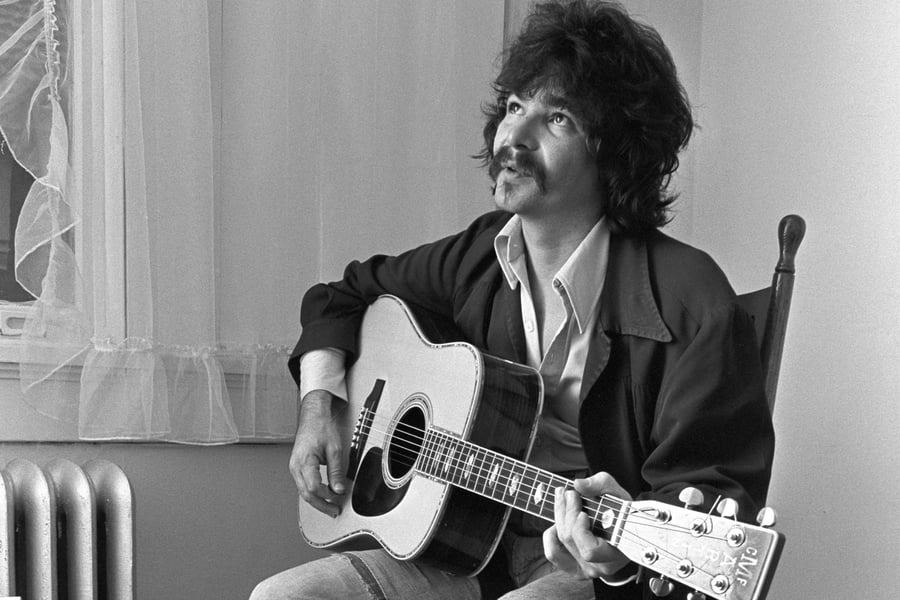John Prine: 25 Essential Songs
In his humble, hilarious way, Prine was one of America’s greatest songwriters. Here are 25 of his best – heartfelt love songs, midwestern mind-trips, and offhandedly brilliant reflections on the weird serendipity of everyday life

John Prine wrote his first two songs, “Sour Grapes” and “The Frying Pan,” when he was 14. Even at that young age, Prine could channel humor and heartbreak just like his heroes Hank Williams and Roger Miller. As he served in the Vietnam War and joined the post office as a mailman, Prine kept writing songs about his life: “Hello in There,” about the loneliness of an old empty-nest couple, the kind he encountered on his mail route, and “Sam Stone,” about a drug-addicted veteran who never really came home from the war, were just two examples. Prine wrote for working people, sad people, old people, and lost people. His style, inspired by John Steinbeck, was deceptively simple. Many emulated it, but only he could do it.
Prine, modest about his talent, didn’t give a lot of interviews. But his interview with Paul Zollo for Bluerailroad is a master class in songwriting. “I think the more the listener can contribute to the song, the better; the more they become part of the song, and they fill in the blanks,” Prine told Zollo. “Rather than tell them everything, you save your details for things that exist. Like what color the ashtray is. How far away the doorway was. So when you’re talking about intangible things, like emotions, the listener can fill in the blanks and you just draw the foundation. I still tend to believe that’s the way to tackle it today.”
There’s really no such thing as a bad Prine song. Here are 25 of his best.






























































